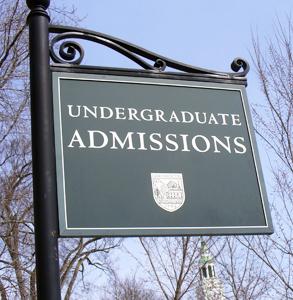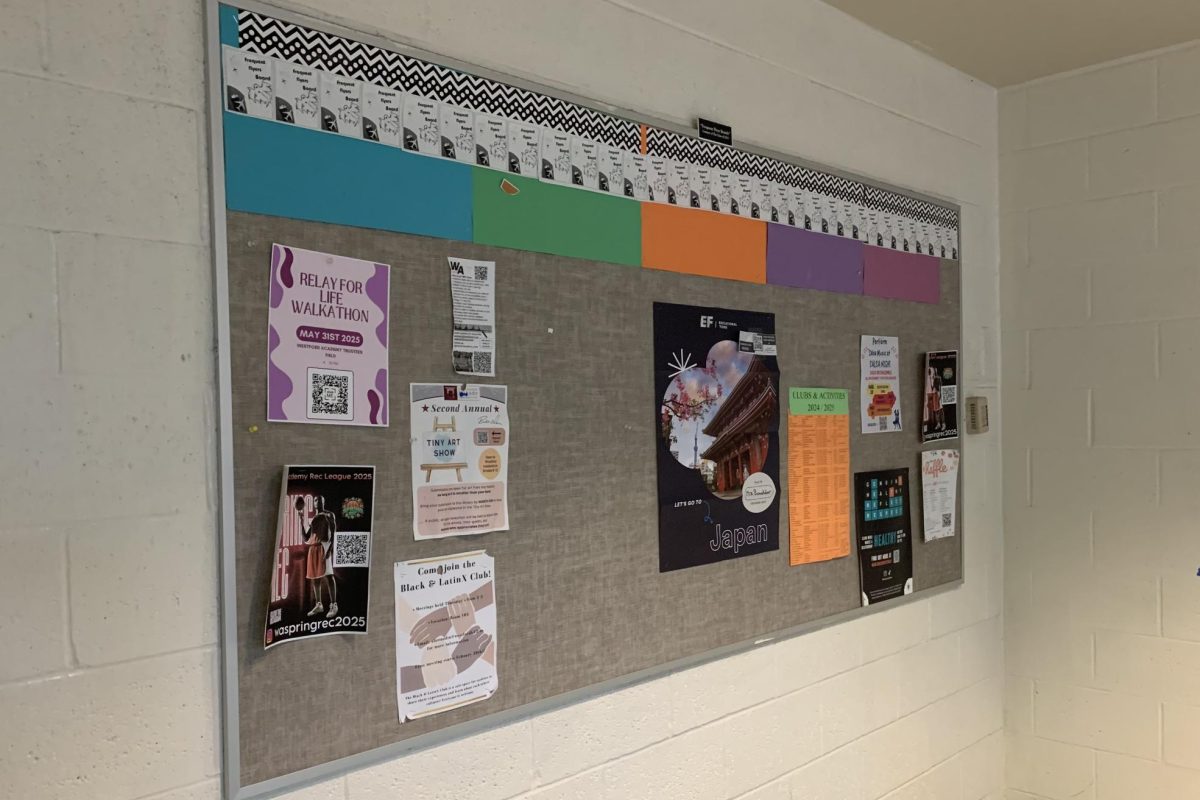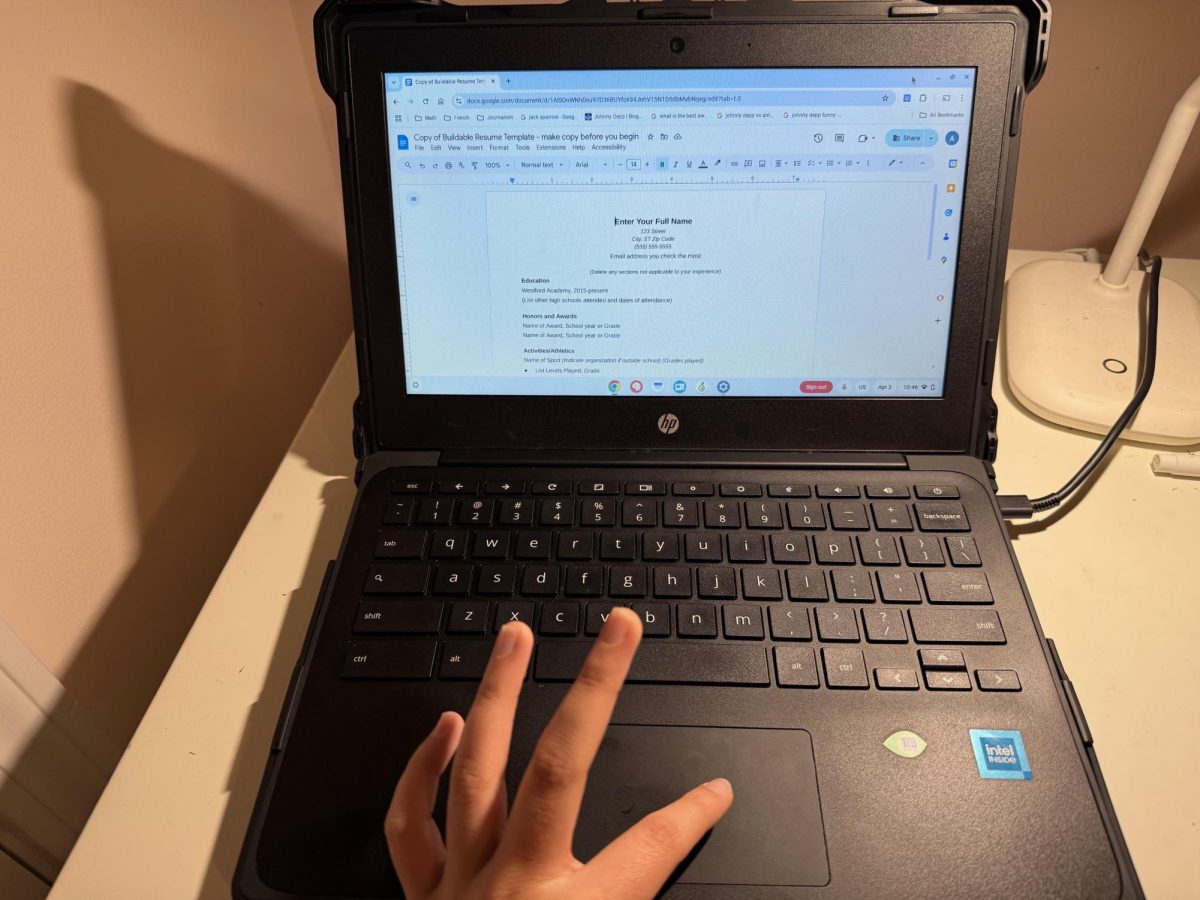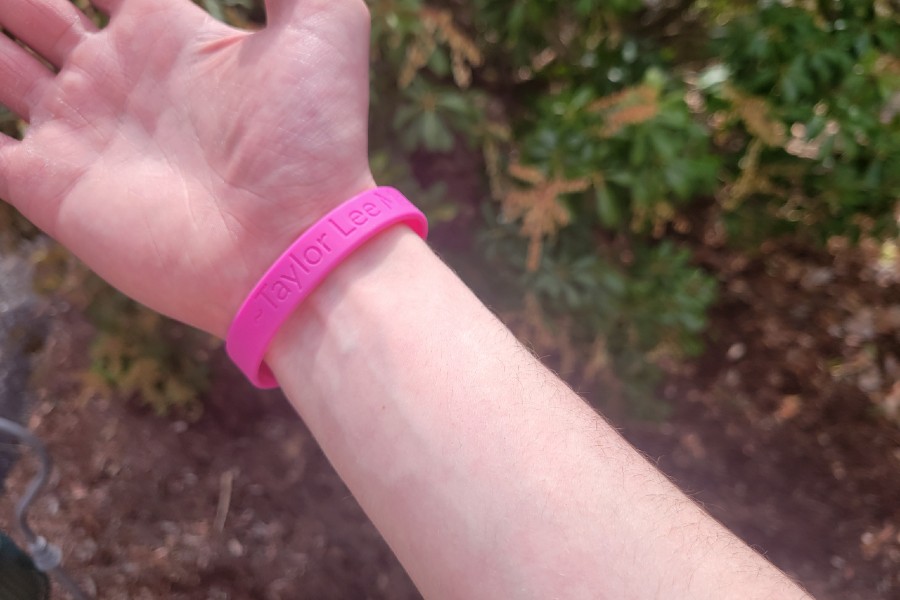 By Craig Brinkerhoff, Andy Dunn & Kyle Auger
By Craig Brinkerhoff, Andy Dunn & Kyle Auger
Copy Editor, Staff Writer, and Editor-in-Chief
This is a part of a three part investigation into the workings of Westford Academy’s National Honor Society. For more, click here.
The college application process is well known to be a stressful endeavor. From essays to test scores, there is a lot to take into account when considering where to apply and a student’s chances of being accepted.
For particularly high-achieving students, National Honor Society is another honor to add to their college applications and resume. But the question that many teachers, students, and college admissions counselors wonder is how much does NHS membership positively affect an application.
“When reviewing an application, we first consider a student’s high school transcript including GPA and course rigor, as well as their standardized test scores. Letters of recommendation, essays and extracurricular activities are also considered when evaluating a file,” says UMASS Lowell Associate Dean of Enrollment and Director of undergraduate admissions Kerri Johnston.
So while NHS only weighs as much as any other known honor, there are more factors to consider. NHS requirements are decentralized across chapters, and therefore a college who sees a student’s NHS membership differently depending on the chapter one comes from.
“Our standards, as the Tadmuck [Westford] chapter, have to fit with the National Honor Society … They have to abide by those certain qualifications,” says NHS co-leader Heather Tedesco.
Within Westford’s chapter of NHS, all students at WA must have at least a 3.6 GPA and demonstrate leadership and character and maintain a specific amount of community service (40 hours per year). However there is some disparity.
“[In Chelmsford] you need 25 hours of community service … a 3.5 GPA, and arbitrary leadership,” says Chelmsford High School Junior Joey Penn.
Unlike Westford, CHS requires no character essay and the community service and GPA requirements are different. This may initially frustrate students who see a disparity in the type of student who joins NHS town to town. In addition, while students surely see how this deregulation could cause problems in relation to the power of NHS on a college application. Many local schools do not take deregulation into account because it is unfeasible for practicality reasons. Many college admissions counselors cite that every school has a different GPA scale and, much like grades, these must be taken with a grain of salt by college admissions counselors.
In the case of UMASS Lowell, Johnston says that NHS requirements are not taken into consideration, and it is seen more as an extracurricular activity.
In line with Johnston’s opinion, some WA students feel that NHS is merely another extracurricular that adds mainly small benefits.
“NHS requires community service, good grades and leadership. All of these components should be on the college app anyway so, to me there really isn’t a huge need to be apart of NHS,” says WA senior Sara Graziani.
Obviously though, many students disagree. The club is strong numbers wise and is revamping its fundraising efforts. Depending upon one’s viewpoint, certain students and admissions counselors will always take aspects of National Honor Society differently. The important thing to remember is that admission into NHS is not everything.






